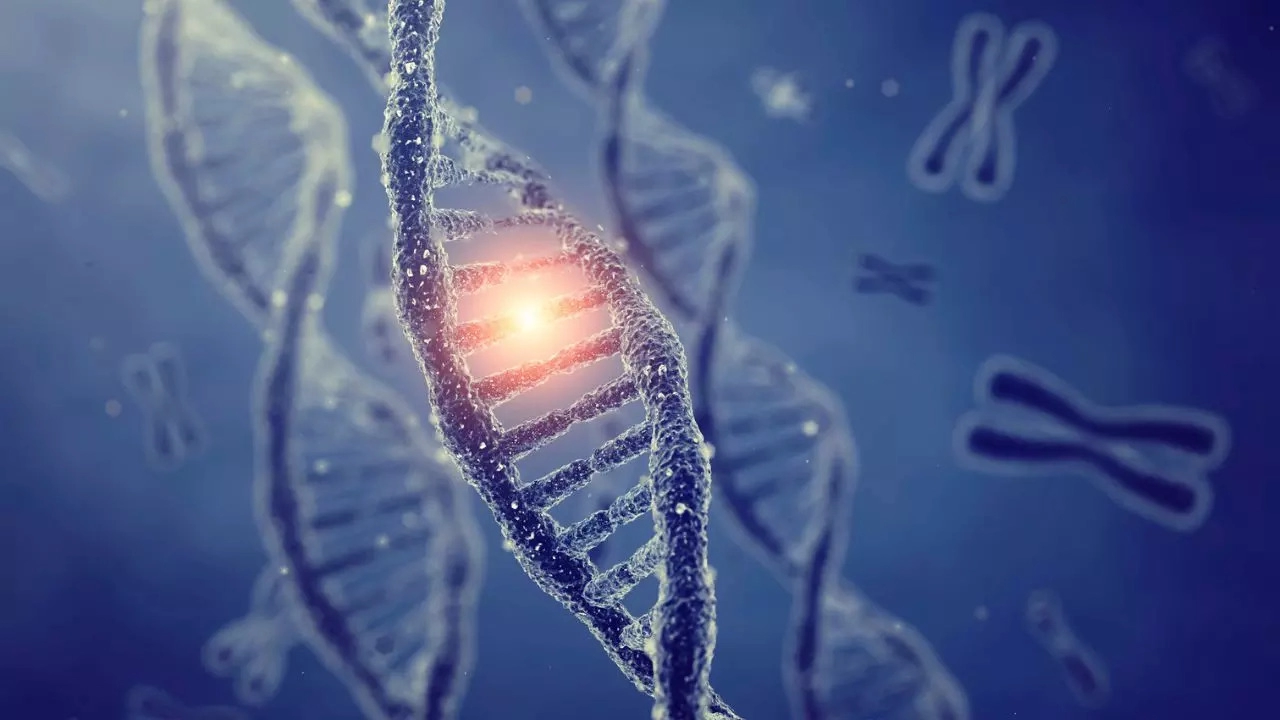Debosmita Ghosh • 29 Jul 2024
Study Says Gene Mutation Can Increase The Risk Of Breast Cancer Among Men As Well

Gene Mutation Can Increase The Risk Of Breast Cancer Among Men As Well
A recent study said that it is not only women who are at risk of BRCA1 and BRCA2 genetic mutations but men as well. This genetic mutation can lead to breast and ovarian cancers. The review article was published in JAMA Oncology and the study was conducted by researchers from the Fred Hutch Cancer Center and the University of Washington. The researchers have called for increasing screening guidelines for males.
Genes play an important role in determining our risk of cancer. Certain genetic mutations can significantly increase the risk of developing specific types of cancer. These mutations can be inherited from our parents, creating a familial link to the disease. In these cases, the presence of a mutated gene may increase the likelihood of cancer.
Breast and ovarian cancers have well-established genetic connections. Mutations in the BRCA1 and BRCA2 genes are responsible for increasing the risk of these cancers. People who inherit these mutations have a higher-than-average chance of developing breast or ovarian cancer at some point in their lives.
A growing body of research emphasises that BRCA1 and BRCA2 genetic mutations, typically associated with breast and ovarian cancers in women, also pose significant cancer risks to men.
The new review article aims to identify these risks in men through genetic testing and specialised cancer screening. Heather Cheng, the director of the Fred Hutch’s Prostate Cancer Genetics Clinic said men are not getting enough genetic testing to see if they carry a BRCA1 or BRCA2 gene variant.
According to Johns Hopkins Medicine, men with the mutation are more likely to be silent carriers; women are more likely to develop cancer. BRCA1 and BRCA2 account for about half of the families with an identifiable genetic cause of inherited cancers.
While those who know they are carriers “get tested for their daughters, but don’t always know why it’s important for their own health,” he added.
The review outlines updated screening and treatment guidelines for men with inherited damaging variants in the BRCA1 and BRCA2 genes. It highlights the increased risks of prostate, pancreatic, and breast cancers for male carriers, who represent 50 per cent of all BRCA1/2 mutation carriers.
However, the current testing rate for men is only one-tenth of that for women. The team also urged men to discuss their family’s cancer history with healthcare providers. Cheng noted that increasing screening among men will boost “research, early detection, and ultimately reduce the burden of BRCA-related cancers.
The risk of developing cancer is high if you test positive for a BRCA mutation. Having a BRCA mutation means you have a likelihood of 45% to 85% of developing breast cancer in your lifetime, along with a 10% to 46% chance of ovarian cancer.
(With inputs from IANS)